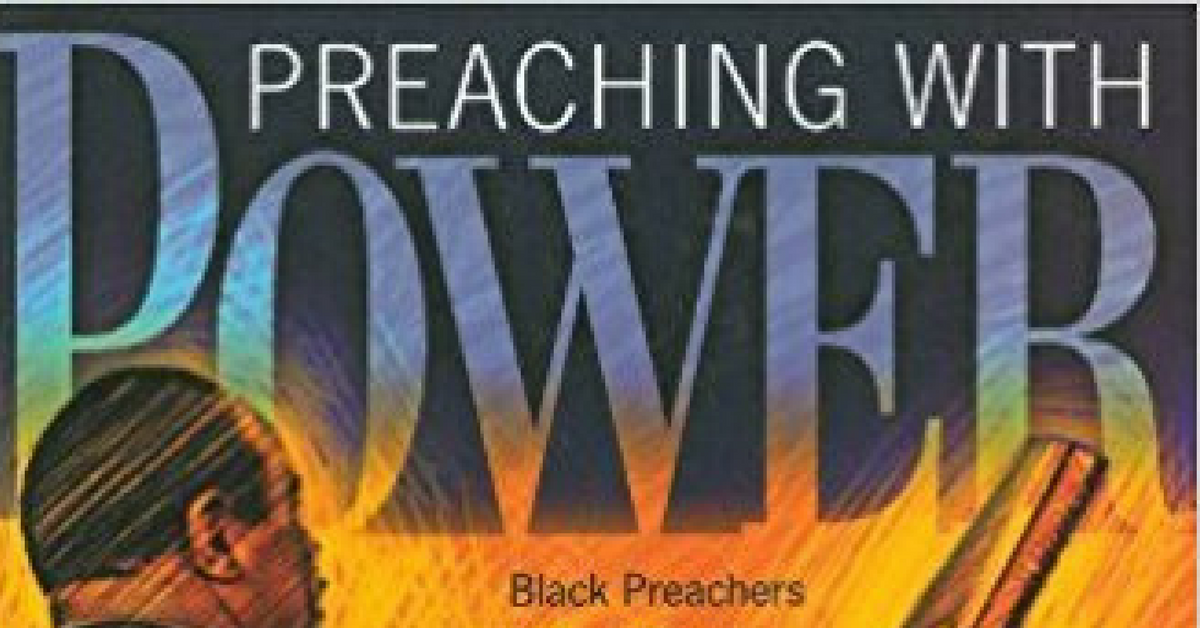 Elder Brooks defined himself as a “traveling Preacher.” He has been the Field Secretary of the General Conference of Seventh-day Adventists as well as the speaker/director for Breath of Life television program.
Elder Brooks defined himself as a “traveling Preacher.” He has been the Field Secretary of the General Conference of Seventh-day Adventists as well as the speaker/director for Breath of Life television program.
Understanding of Preaching
Elder Brooks states that his theology of preaching is that he should “exalt Christ and his word.”
Method of Preaching
Elder Brooks does not really define a method of preparation, but he does state provide direction to pastors. Brooks suggests that “Sabbath sermons [should] be pastoral, Sunday night’s sermons [should] be evangelistic, and those for Wednesday nights [should] deal with things like modeling Jesus and Christian standards.” In addition, Brooks emphasizes that one should present the whole “cycle of truth.” Including such subjects as “Sabbath, Judgment, Second Coming, Christian Standards, etc.”
Understanding of Adventist Preaching
Elder Brooks makes explicit use to Adventist resources throughout his interveiw. He notes that his influences on preaching were Advntist including his mother, E. E. Cleveland, and C. E. Mosely. Interestingly enough after all these years he still quotes his homiletics professor, Elder Mosely, in answering questions. Elder Mosely has had a great influence on him.
Brooks also emphasizes that the content of Advnetist preaching must include things like Sabbath, Judgments, etc. in the full “cycle of truth” as noted above. Perhaps most interesting is that Brooks states that if he had three books to take with him on a desert Island they would be The Great Controversy, Desire of Ages, and the Bible. Brooks states that he could preach from those three books until Jesus comes. Elder Brooks’ presentation makes greater use of Adventist materials and refers to Ellen White often and easily.
Understanding of Black Preaching
The interview does not deal with Black Preaching at all. It would be interesting to see what Elder Brooks has to say about the nature of Black PReaching and its connection to the Gospel as understood by Seventh-day Adventists. It would be interesting to take Bradford’s idea of Black Preaching being issues oriented and compare that to the explicit Advnetist preaching that Elder Brooks presents. For example, how is preaching about and to the Black communities ultimate quest for liberation look when addressed by the unique resources used in Adventist preaching (Ellen White, Adventist understanding of the Bible)? Another interesting question is: Does Adventism have anything to say to the world beside Jesus will come and clean up all this mess at the Second Coming? Need it say anything else?
We also might bring back Barry Black’s suggestion that Adventist preaching might teach the doctrines in the context of narrative. Then we might see some unification of the different kinds of preaching that Elder Brooks brings. Can we preach the Sabbath in such a way that it becomes pastoral, prophetic, and liberative at the same time? I think that Black’s suggestion can push us to not just seek to prove the doctrines but also to celebrate them. Perhaps Wednessday night we can teach the truth of the doctrine and on Sabbath morning we can celebrate it?
 I think following Black’s suggestion to use narrative and also Black’s stating the importance of celebration can open up avenues to celebrate Adventism and not just teach the correctness of the doctrine. However, I think that Bradford’s understanding also must be kept in mind that the Gospel does address important issues in the community and we should address thsoe as well. And finally, we must keep Bradford’s idea that Black Preaching cannot become only for black folk. The social justice that Black preaching is a call for justice to all.
I think following Black’s suggestion to use narrative and also Black’s stating the importance of celebration can open up avenues to celebrate Adventism and not just teach the correctness of the doctrine. However, I think that Bradford’s understanding also must be kept in mind that the Gospel does address important issues in the community and we should address thsoe as well. And finally, we must keep Bradford’s idea that Black Preaching cannot become only for black folk. The social justice that Black preaching is a call for justice to all.
?



 but we also can tell the narrative of God’s present actions.?
but we also can tell the narrative of God’s present actions.? Dr. Doggette
Dr. Doggette 
